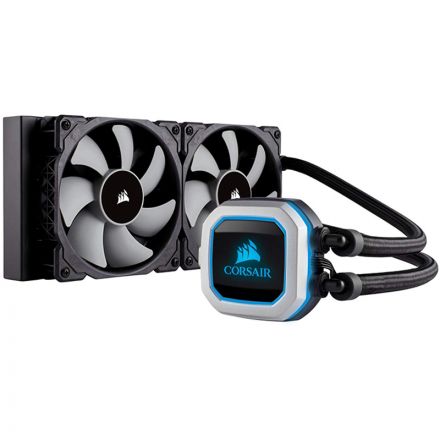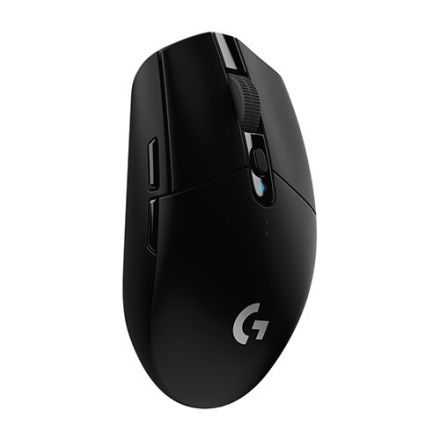This website uses cookies to ensure you get the best experience on our website. Read more


Posted: December 18, 2023
In the ever-evolving world of gaming, where graphics and gameplay continue to push the boundaries of what's possible, having a powerful CPU is crucial for delivering a smooth and immersive gaming experience. While high-end graphics cards often steal the spotlight, the central processing unit (CPU) plays a pivotal role in handling various gaming tasks. In this blog post, we will explore how to unlock the full potential of your gaming CPU and optimize it for smooth gameplay.
Choose the Right CPU:
The optimization process starts with selecting the right CPU for your gaming needs. Consider factors such as clock speed, the number of cores, and thread count. Games are becoming more multi-threaded, so a CPU with multiple cores and threads will be beneficial. Additionally, look for CPUs with higher clock speeds, as this directly impacts the speed at which your CPU can process instructions.
Keep Your Drivers Updated:
Regularly updating your graphics and CPU drivers is essential for optimal gaming performance. Graphics drivers, in particular, often include optimizations for the latest game titles. Manufacturers release driver updates to address performance issues, enhance compatibility, and sometimes unlock additional features. Check for updates from your CPU manufacturer's website or use automatic driver update tools.
Optimize Power Settings:
Ensure that your computer's power settings are configured for high performance. In the Windows operating system, you can access power settings through the Control Panel or Settings menu. Set the power plan to "High Performance" to ensure that your CPU operates at its maximum clock speed when needed, providing optimal performance during gaming sessions.
Overclocking:
Overclocking involves pushing your CPU beyond its factory-set clock speeds to gain additional performance. While it can provide a noticeable boost in gaming performance, it's important to approach overclocking cautiously. Use reputable overclocking software, and gradually increase clock speeds while monitoring temperatures to avoid overheating. Keep in mind that overclocking may void warranties, so proceed at your own risk.
Cooling Solutions:
Efficient cooling is crucial when optimizing your gaming CPU. Higher clock speeds generate more heat, and prolonged exposure to high temperatures can lead to performance throttling. Invest in a quality cooling solution, such as an aftermarket air or liquid cooler, to keep your CPU temperatures in check. Proper airflow within your gaming rig is equally important, so ensure that your case has adequate ventilation.
Background Processes and Applications:
Close unnecessary background processes and applications to free up system resources for gaming. Running multiple applications simultaneously can strain your CPU and impact gaming performance. Use task manager or third-party applications to identify and close resource-intensive tasks, allowing your CPU to focus on delivering a smooth gaming experience.
Monitor and Resolution Settings:
Adjusting your monitor's resolution and refresh rate can impact CPU performance. Higher resolutions and refresh rates demand more processing power. Find a balance that suits your gaming preferences while ensuring your CPU can handle the load. Additionally, explore in-game settings to optimize graphics and performance for your specific CPU.
Conclusion:
Unlocking the power of your gaming CPU requires a combination of hardware choices, software tweaks, and a thoughtful approach to performance optimization. By choosing the right CPU, keeping drivers updated, optimizing power settings, exploring overclocking cautiously, investing in efficient cooling solutions, managing background processes, and fine-tuning monitor and resolution settings, you can ensure that your CPU delivers the performance needed for an exceptional gaming experience. Take the time to tailor your system to your gaming preferences, and you'll be well on your way to unlocking the full potential of your gaming CPU.














